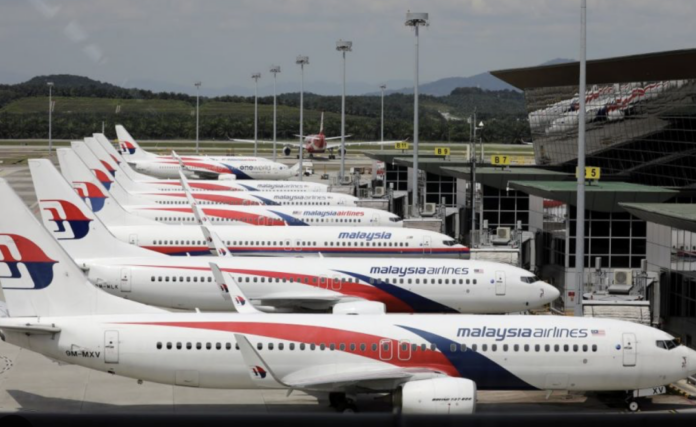KUALA LUMPUR, April 22 – Airport operators should be proactive in leveraging and applying suitable measures to address changes in flight departures and arrivals to reduce any chaotic scenarios at the airports if the Middle East conflict continues to escalate further, said aviation experts.
Following the recent development in Iran-Israel tensions, the Iranian airspace was closed temporarily for a few days before reopening yesterday, whereas several airlines around the globe had been avoiding the airspace, including Malaysia Airlines.
Universiti Kuala Lumpur Malaysian Institute of Aviation Technology economist (aviation and aerospace) associate professor Mohd Harridon Mohamed Suffian said the shutdown of airspaces would partially affect passenger traffic, particularly for destinations located in Iran.
“Furthermore, the shutdown entails the diversion of flights from their nominal routes, and hence, the financial economics of flights are not optimum.
“There would be an increase in the utilisation and burning of fuel, an increase in the duration of flights, and (multiple) rescheduling of departures and arrivals,” he said.
Mohd Harridon stressed that airport operators should be proactive by compartmentalising sections of their operations and utilising several mathematical models to extract functionalities of these sections.
“With this, several solutions can be effectively produced and applied in order to dampen any rise in cost and to (lessen) any financial implications,” he opined.
Mohd Harridon said that rescheduling flights should consider factors such as minimising delays in the arrivals and departures, reducing time to prepare the aircraft, and utilising optimum manpower at the gates.
“This is important so that the process of loading and unloading of passengers would be swift and efficient and gates can be prepared in a short amount of time for the next incoming and outgoing flights,” he said.
As for airlines, he said carriers could perform optimisation of their flight operations via numerous mathematical modelling such as Monte Carlo simulation, resources modelling, and others to mitigate the issue.
Mohd Harridon said that these methodologies could aid in the reduction and depreciation of costs, which would otherwise increase as a result of the shutdown of the Iranian airspace.
“Since Iran is also an oil-producing country, the shutdown of its airspace has political implications where the logistical supply of oil and its production from Iran would be altered and thus affecting crude oil prices,” he added.
Meanwhile, Endau Analytics founder and aviation analyst Shukor Yusof said airport operators such as Malaysia Airports Holdings Bhd (MAHB) are at the mercy of geopolitics.
“It is out of their hands. They need to quickly design a strategy to mitigate losses as this conflict looks likely to worsen.
Shukor believed that the war of attrition in the Middle East would cause considerable harm to airlines, especially intercontinental flights between Southeast Asia and Europe, as fuel and insurance costs would likely rise if the conflict is not resolved soon or, worse, escalates further.
“It will affect the entire aviation industry as it relies heavily on global interconnectivity, and no doubt it will impact Malaysia and the region,” he said.
Earlier this week, Maybank Investment Bank Bhd maintained its positive view on the aviation sector amid rising tensions in the Middle East, potential impacts on passenger traffic to and from the region, alongside fluctuations in jet fuel prices.
















